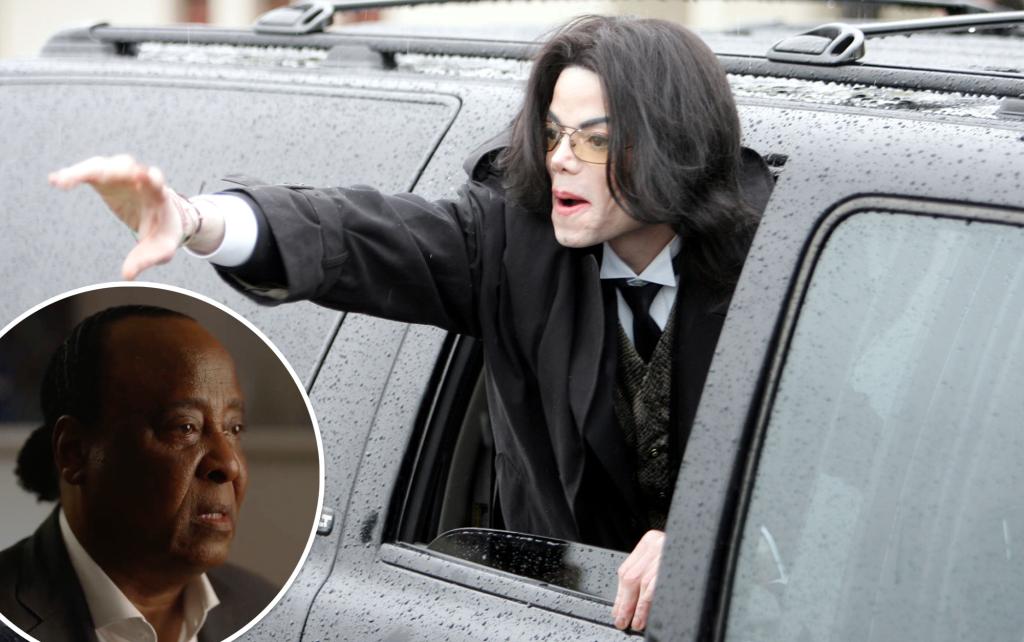The world stopped spinning when the news broke in late June 2009 about the death of pop legend Michael Jackson.
The 50-year-old “Thriller” singer was found unresponsive at his Los Angeles home after suffering cardiac arrest from the anesthetic propofol — a drug reportedly administered routinely by Jackson’s doctor, Conrad Murray.
The death was considered murder and Murray took all the blame. He was convicted of involuntary manslaughter and was sentenced to four years in prison, of which just under two years behind bars.
But Murray came under the brunt of public hatred, although Jackson – who would have turned 64 Monday – took drugs at alarming doses for much of his life and was reportedly easily enabled to do so by a range of other doctors – those who never saw a day in jail after the death of the King of Pop, according to a new documentary “TMZ Investigates: Who Really Killed Michael Jackson” due out on Fox next month.
“It’s much more complicated than just Dr. Murray was standing by his bedside when he died,” Orlando Martinez, the LAPD detective who assigned Jackson’s death, said in the document.
“Circumstances had led to his death for years, and all these different medical professionals had allowed Michael to dictate his own conditions, get the drugs he wanted, when he wanted them, where he wanted them,” Martinez says. “It’s all the reasons why he’s dead today.”
Jackson had ingested the propofol in “Gatorade”-sized bottles at the time of his death, according to Ed Winter, the assistant chief coroner for LA County. The medical community in many ways facilitated his obsession with the substance, according to Murray, who adds that propofol was “the only way he could go to sleep, especially when he was getting ready for a tour.”
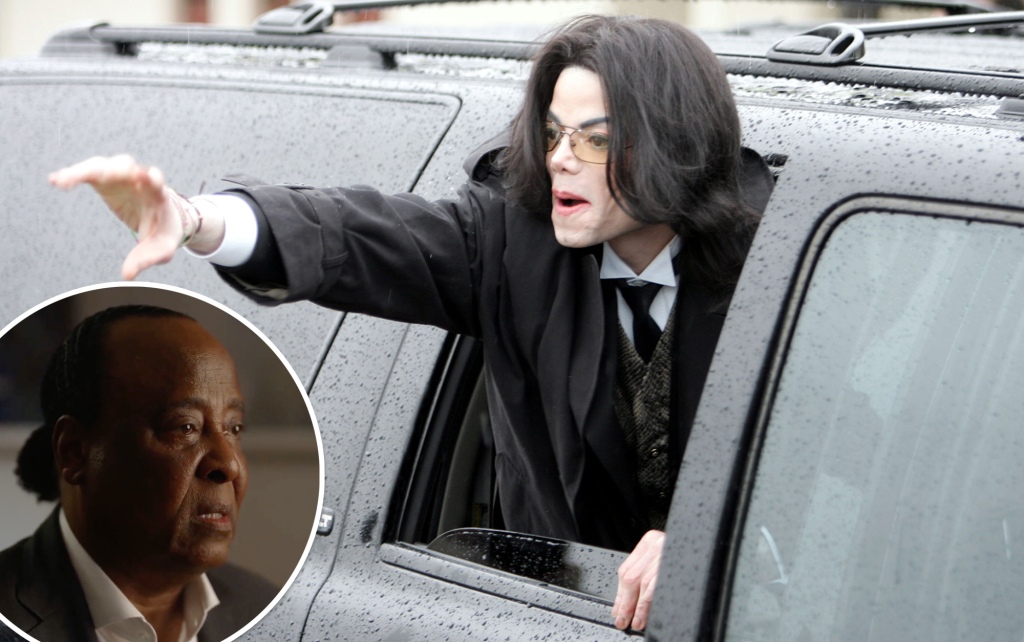
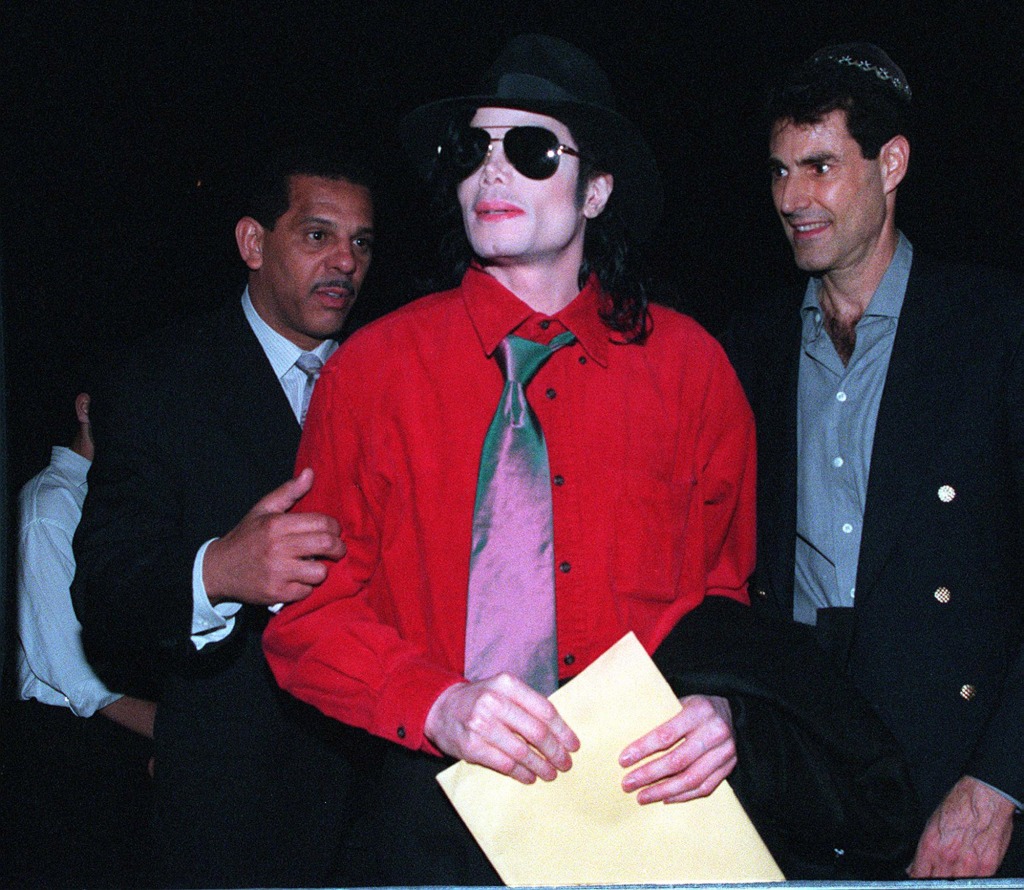
“It wasn’t a big deal — he’d been taking it for decades, different doctors had given it to him from all over the world…and they sometimes had him inject the drug,” Murray, who routinely administered it to Jackson, says. “He was able to push the propofol himself, and the doctors allowed him to do it, and that was OK.”
On top of the makeshift sleep medicine — a drug addiction specialist Dr. Drew Pinsky explicitly says it’s not a drug to be used to treat insomnia, nor a drug routinely kept outside of medical facilities — Jackson was also addicted to other drugs throughout his career, the documentary said.
It all started in 1984 when, during a pyrotechnic disaster while filming a Pepsi commercial, he suffered both second and third degree burns to his scalp and was given painkillers to recover.
In Jackson’s own words, drugs had taken over his life in the years that followed.
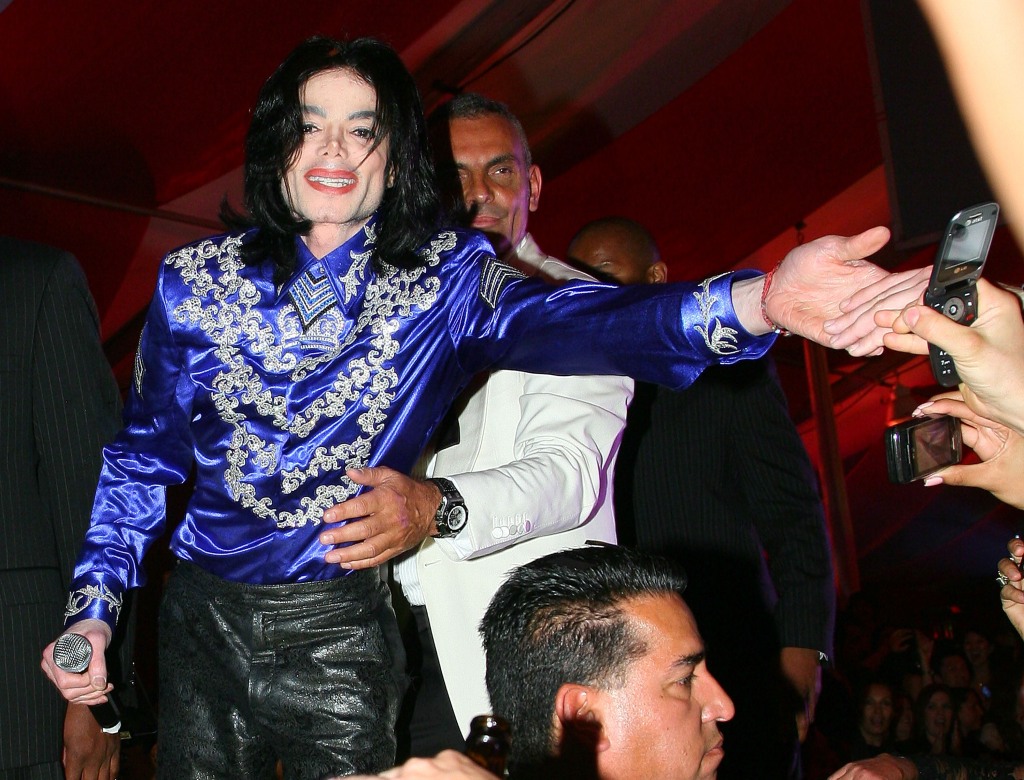
“I became more and more dependent on the painkillers to get me through the days of my tour,” Jackson says in archived audio, explaining why he canceled the final leg of his “Dangerous” world tour in 1993 and announcing that he would be undergoing treatment. to go.
All that time on the road was misery for the star act. In archived footage, Jackson confesses, “I don’t like it…I’m going on a tour of hell.”
Things only got worse in the years since Jackson started dating famed Hollywood dermatologist Arnold Klein, who died of natural causes in 2015 at age 70. Klein admitted to doling out the opioid Demerol along with more substances to the superstar.
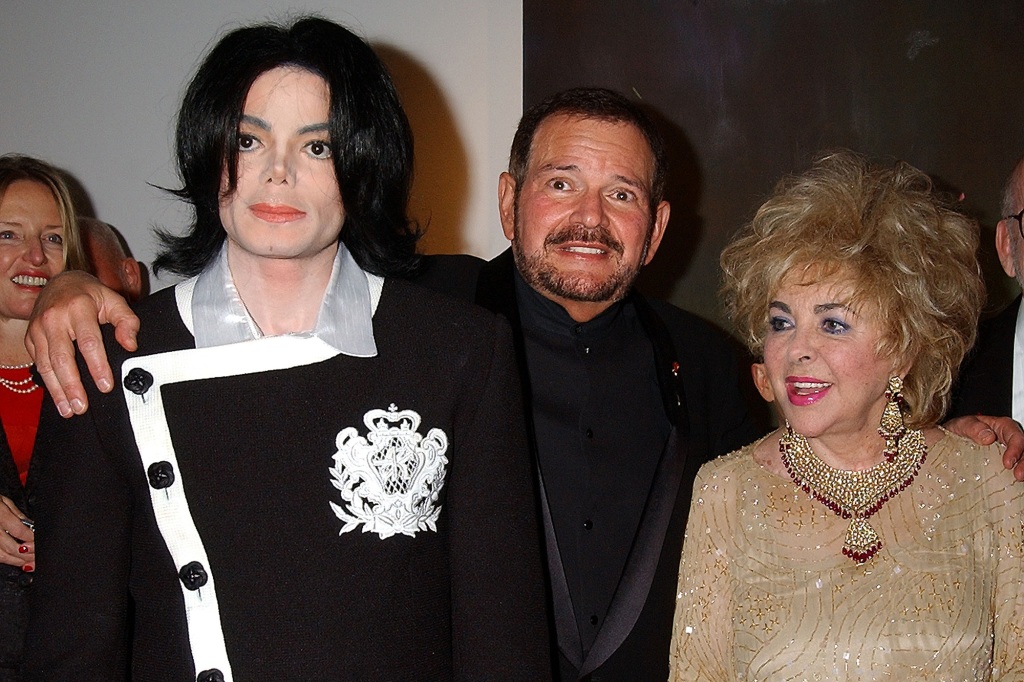
TMZ executive producer Harvey Levin — to whom Klein confessed in a November 2009 interview — says it was “routine” for MJ to get “hours at a time” high from Demerol at Klein’s office.
“Dr. Klein was more than happy to oblige and he justified with small procedures,” Levin says. “And he did this time and again.”
According to Pinsky, Jackson took no less than 300 milligrams of Demerol at a time. The pop singer even mentions the substance in his 1997 song ‘Morphine’.
Debbie Rowe – Jackson’s ex-wife who worked for Klein as an assistant for many years – spoke only about the doctor and not about her late ex-husband. She says Klein was known for doing unethical things to court the Hollywood elite in his office.
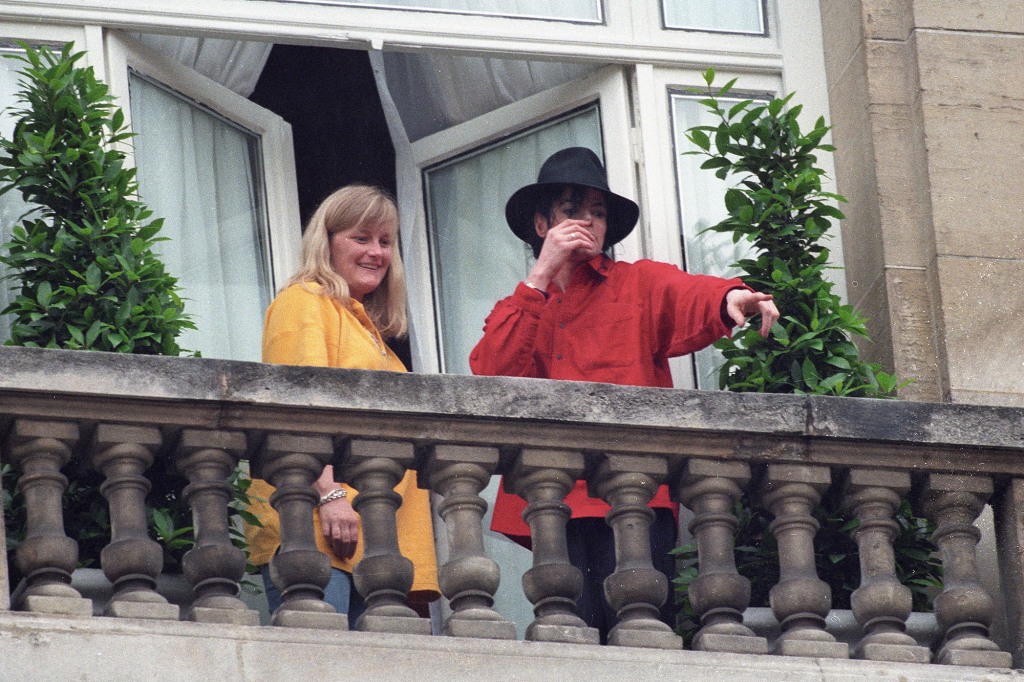
“There were times when he wrote recipes for things that had nothing to do with what we were treating them for,” Rowe says in the document. “He would write prescriptions that weren’t conducive to what a dermatologist would normally write a prescription for.”
She added that Klein was “a person you want to hang out with because you can get something in return.”
It was also revealed that as the relationship between Jackson and Klein became more of a friendship than that of doctor and patient, the dermatologist allegedly kept fraudulent documents about the singer.
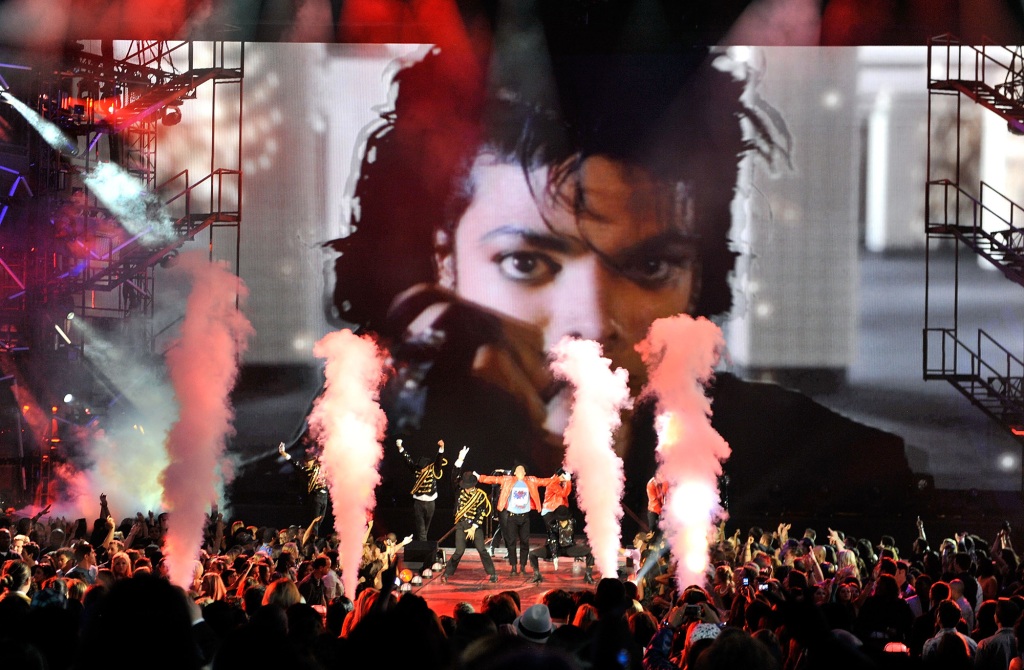
Jackson had created 19 fake aliases to collect various drugs, and Klein had kept a special book listing which prescriptions went to each fake identity, according to Winter.
“The way Michael got all that medicine was doctor’s shopping. He had multiple, different doctors that he was involved with and he would go to “Doctor A” and ask for a sedative, and then he would go to “Doctor B” and might ask for the same,” says Jackson’s plastic surgeon, Dr. . Harry Glassman, claims. “Michael is largely responsible for his own demise, but he has certainly had a lot of help from the medical community.”
Murray, who admits to having cared about Jackson, says that information was never shared with him.
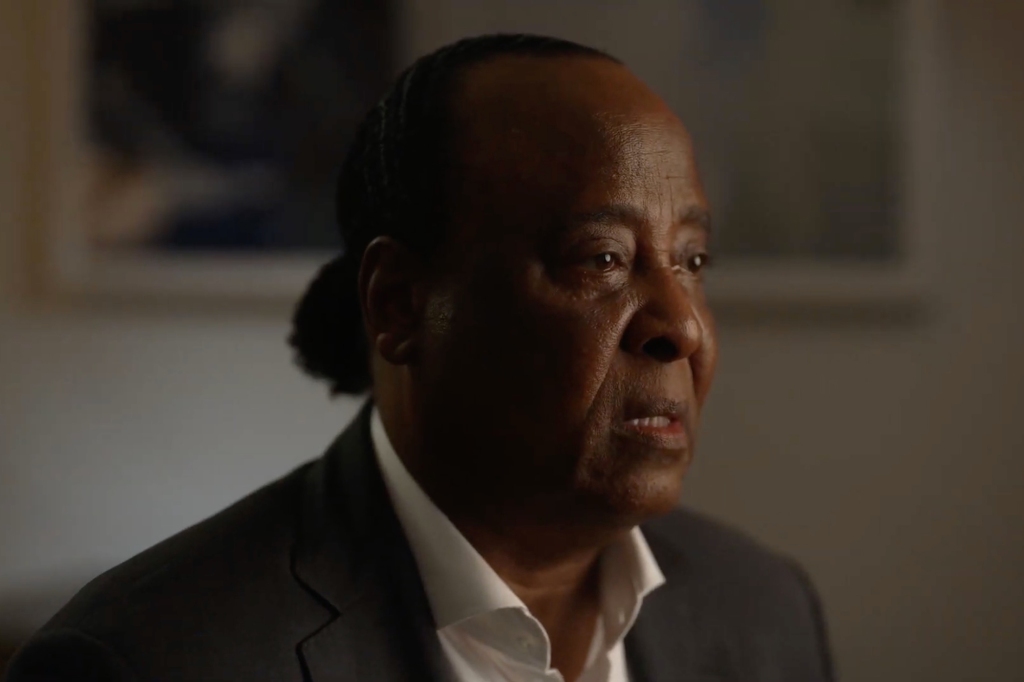
“He made it seem like I was his only doctor… If I had known that Michael would go to a dermatologist or any other doctor and be shot or sprinkled with opioids on a daily basis, there would be a two-step dance. does he have a problem; two, I’ll take you where you need treatment — and if you don’t, I’m out,” Murray says.
Things reached a boiling point in 2009 as Jackson geared up for his “This Is It” tour when his behavior became a noticeable concern for director Kenny Ortega.
“There are strong signs of paranoia, anxiety and obsessive behavior. I think the best thing we can do is get a top psychiatrist to evaluate him as soon as possible. There is no one to take responsibility. Taking care of him daily,” Ortega wrote in a concerned email during rehearsals.
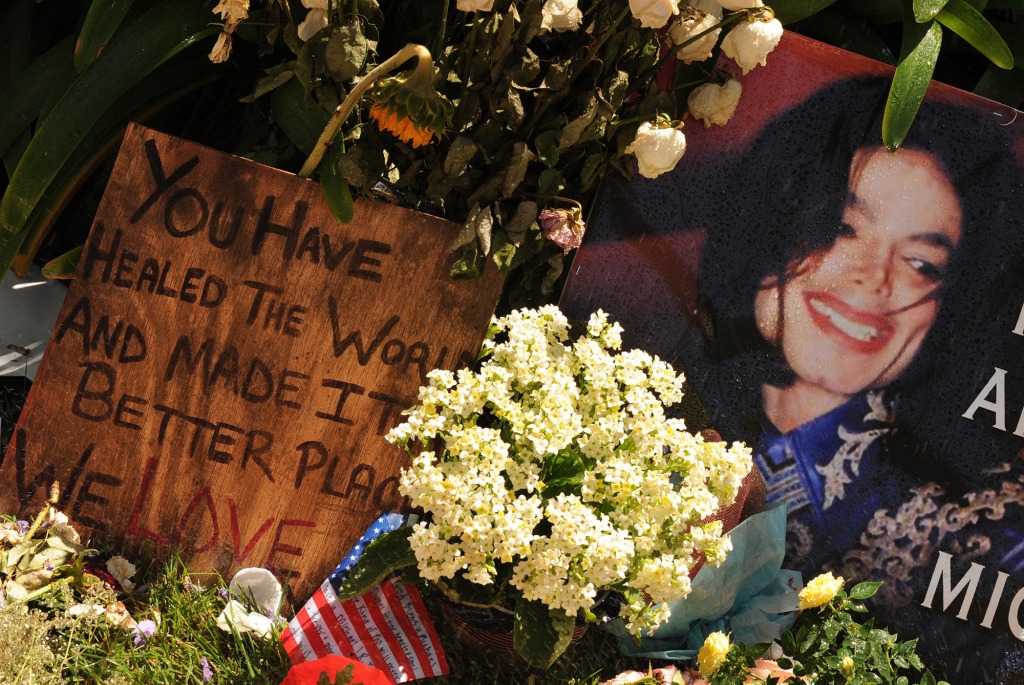
“Today I fed him, wrapped him in blankets and called his doctor,” he added.
Jackson had also rehearsed for the tour that took so much from him until the day before his death on June 25 — another factor in his own demise.
“Michael Jackson was a drug addict and he was a master of manipulation because I was being manipulated by Michael,” Murray says. “I never helped him in his addiction at any point.”
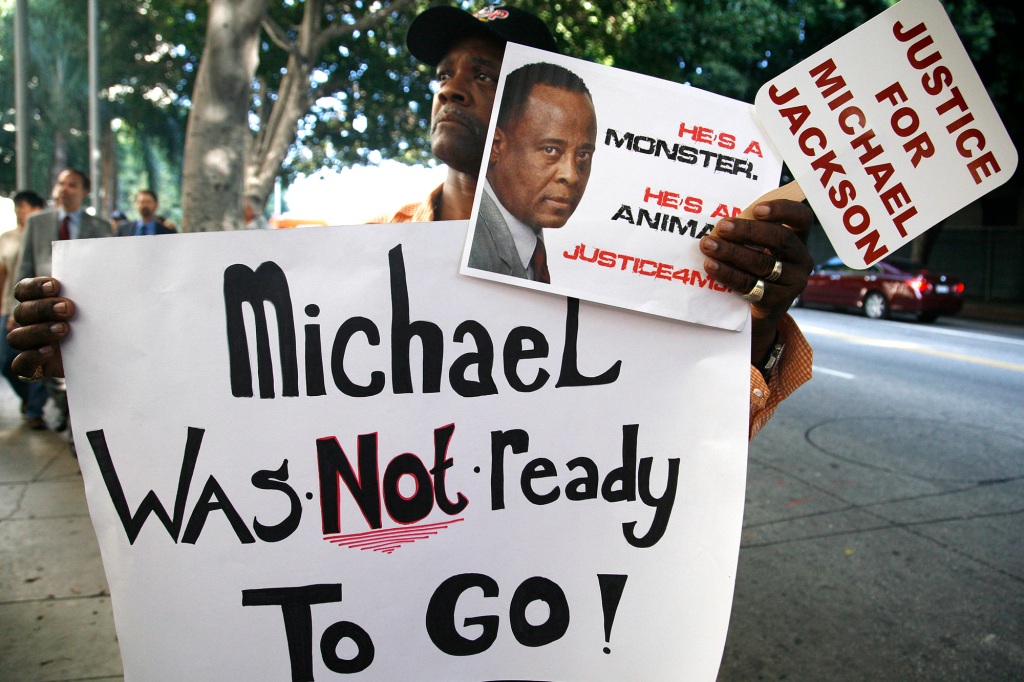
Even Martinez admits that Murray suffered unjustly for consequences that weren’t necessarily his entire fault.
“We knew there were multiple doctors out there doing what Dr. Murray had done and they’d done it over the years,” Martinez says. “We decided to focus on that night for the criminal side of it. So that ignored all other history with the other doctors.”
“There are many people who can be blamed who never considered his death.”
“TMZ Investigates: Who Really Killed Michael Jackson” premieres Tuesday, September 6 at 8 p.m. on Fox.

